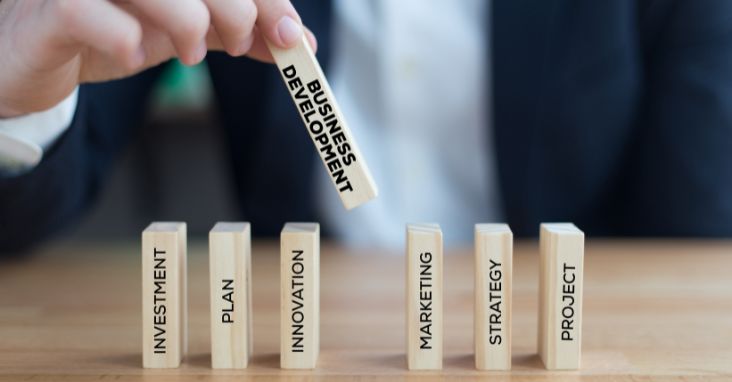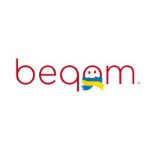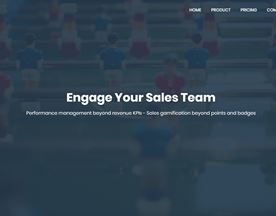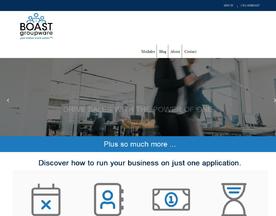In the bustling, ever-changing world of sales, new terms and roles continually emerge to define the landscape. One such term that might have caught your attention is “BDR.” If you’re like many who have stumbled upon this acronym, you might find yourself wondering, “what is the BDR meaning?”
You see, BDR stands for Business Development Representative or Business Development Rep, but this title hardly scratches the surface of what the role embodies. It’s not merely a buzzword; it’s a critical role with substantial responsibilities. BDRs are often the first point of contact for potential customers, setting the tone for the entire sales process.
Remember the days when door-to-door salespeople were the norm? Or the cold callers who would ring your home phone just as dinner was served? Well, the role of the BDR is the modern, sophisticated evolution of that, adapting to the digital age where emails, social media, and strategic networking are key.
I remember my first encounter with a BDR; I was at a tech conference, surrounded by innovation and ideas. Among the tech giants and eager startups, there was a person – a BDR – engaging, listening, and connecting. I watched them effortlessly interact with potential clients, nurturing relationships, and planting seeds for future sales opportunities. It was then that I realized how much art and science were involved in this role.

So, dear reader, if you’ve been puzzling over the meaning of “BDR” and its importance in the sales environment, you’ve come to the right place. Whether you’re in sales, marketing, considering a career shift, or simply curious about this intriguing role, this comprehensive guide will delve into the world of BDRs. We’ll explore their responsibilities, the tools they use, their critical role in modern sales, and much more.
The BDR meaning can also depends on the environment in which it is used, for example it can stand for Budget Data Request, Bunker Delivery Receipt, Base de Registre (French: Set Registry) or Business Delivery Review amongst others but in this environment the BDR meaning is Business Development Representative.
Together, let’s unravel the mystery of BDR, exploring not just its meaning but its essence in the highly competitive and ever-evolving field of sales. Join me on this journey, and I promise you’ll walk away with a deeper understanding and appreciation for this indispensable role that’s reshaping the way businesses connect with customers.
BDR stands for Business Development Representative, a key role in the sales ecosystem focusing on generating potential leads and paving the way for the sales team. Dive deep into the BDR world with this guide.
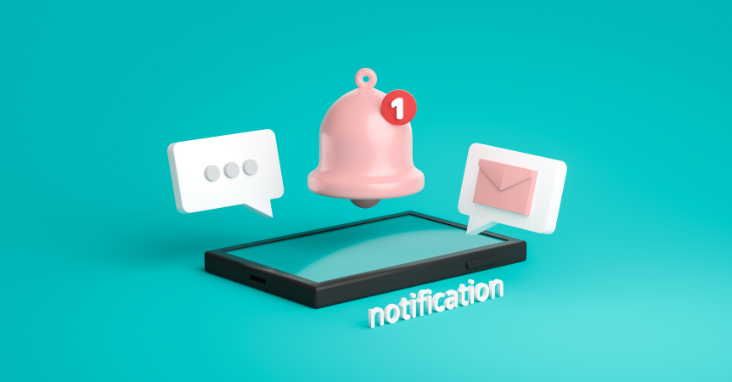
What Exactly is a BDR or What Does BDR Stand For?
BDR is an acronym for Business Development Representative. In the simplest terms, a BDR’s primary role is to identify and generate business opportunities for a company’s sales team. They act as the frontline troops, reaching out to potential leads, qualifying them, and setting up meetings for the sales executives. Successful BDRs must have strong communication and interpersonal skills.
BDR vs. SDR: Many people confuse BDRs with SDRs (Sales Development Representatives). While both roles focus on lead generation, BDRs focus is typically to handle inbound leads, while SDRs focus more on outbound strategies.
The BDR Approach: BDRs employ various tools and strategies, such as cold calling, email outreach, and social media, to engage and nurture prospective clients. BDRs work hard to create strategic partnerships while building trust and negotiating to achieve win-win scenarios
Key Points:
BDR stands for Business Development Representative.
They are responsible for generating and qualifying leads for the sales team.
BDRs handle inbound leads while SDRs focus on outbound lead generation.
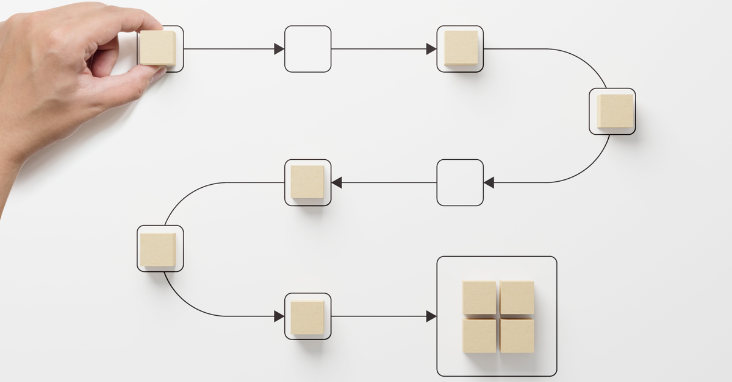
Why are BDRs Crucial in Sales?
The value of a BDR cannot be underestimated. Imagine trying to find a needle in a haystack – that’s what the sales process can sometimes feel like. BDRs streamline this process.
Lead Qualification: By pre-qualifying leads, BDRs ensure that salespeople spend time only on prospects that have a genuine interest, maximizing sales conversion rates.
Building Relationships: BDRs lay the groundwork for strong relationships, setting the stage for long-term customer engagement.
Feedback Loop: Their insights from the front lines provide valuable feedback, helping companies refine their products, services, and sales strategies.
Key Points:
BDRs streamline the sales process through lead qualification.
They help establish and nurture client relationships.
Their role offers insights that refine company offerings and strategies.

Software Tools Every BDR Should Know
In the dynamic world of sales, leveraging the right tools is key to success, especially for Business Development Representatives (BDRs). Whether it’s managing leads, making connections, or mining data, these tools play a pivotal role in a BDR’s daily activities. Let’s delve into some of these indispensable software tools:
HubSpot
HubSpot is more than just a Customer Relationship Management (CRM) tool. It’s an all-in-one platform designed to manage and nurture leads throughout their lifecycle.
Lead Management: HubSpot allows BDRs to track every interaction with potential clients, providing a holistic view of leads and facilitating targeted follow-ups.
Automation Tools: BDRs can automate repetitive tasks like email follow-ups, freeing them to focus on relationship-building activities.
Integration: With the ability to integrate various marketing and sales tools, HubSpot provides a seamless ecosystem for managing leads and prospects.
Analytics: By offering insights and reports, HubSpot enables BDRs to measure the effectiveness of campaigns and adjust strategies accordingly.
Key Points:
Comprehensive platform for lead management.
Offers automation, integration, and analytics.
Tailored to nurture leads throughout their lifecycle.
LinkedIn Sales Navigator
This is a powerful tool tailor-made for BDRs to identify and reach potential leads on LinkedIn, the world’s largest professional network.
Lead Discovery: Sales Navigator offers advanced search filters that allow BDRs to pinpoint prospects that align with their target market.
InMail Messaging: Allows BDRs to reach out to leads who are not in their LinkedIn network, breaking down barriers to communication.
Engagement Insights: By analyzing engagement and interests, Sales Navigator helps BDRs tailor outreach to resonate with prospects.
Integration with CRM Tools: Easily integrates with CRM systems, ensuring a smooth transition of lead information and activities between platforms.
Key Points:
Advanced search filters for lead discovery.
Offers InMail messaging and engagement insights.
Seamless integration with other CRM tools.
ZoomInfo
ZoomInfo provides extensive data on business contacts, making it an indispensable tool for targeted outreach.
Database Access: With access to over 100 million business contacts, ZoomInfo offers a treasure trove of potential leads.
Segmentation Tools: Allows BDRs to segment leads based on industry, location, company size, and more, enabling precise targeting.
Data Accuracy: Regularly updated information ensures that BDRs have accurate and current details, reducing wasted efforts on outdated leads.
Integration with Marketing Platforms: ZoomInfo can integrate with various marketing platforms, providing a cohesive strategy across different channels.
Key Points:
Offers a vast database of business contacts.
Provides segmentation tools for targeted outreach.
Ensures data accuracy and integrates with other marketing platforms.
These tools are pivotal for a BDR, offering features that align with the demands and strategies of modern lead generation and qualification. From managing relationships to crafting personalized outreach, these tools empower BDRs to excel in their roles, driving success in the ever-competitive sales environment.

Frequently Asked Questions (FAQ)
What’s the difference between BDR and SDR?
While both roles center on lead generation, BDRs manage inbound leads, and SDRs typically deal with outbound lead generation. Some use BDR interchangeably with sales development representative (SDR), and while they are similar, SDRs are almost strictly inbound lead based.
Do BDRs close sales deals?
No, BDRs identify and qualify leads. A BDR is responsible for generating new business opportunities, closing deals is typically the responsibility of sales executives.
How is a BDR’s performance measured?
Metrics may include the number of qualified leads generated, meetings set, and conversion rates, among others.
Is cold calling still relevant for BDRs?
Absolutely! While digital strategies are on the rise, cold calling remains an effective outreach method.
How do BDRs work with marketing teams?
BDRs and marketing teams collaborate to ensure consistent messaging and to nurture leads through the sales funnel.
Are BDR roles suitable for fresh graduates?
Yes, many companies hire fresh graduates as BDRs, offering training and a path to more advanced sales roles.
Is a BDR role commission-based?
Often, BDRs receive a base salary with additional commissions based on performance metrics.
How do BDRs identify potential leads?
BDRs utilize software tools, industry events, social media, and referrals, among other sources.
Can BDR strategies vary between industries?
Definitely! The approach may differ based on the industry, target audience, and specific company goals.
How do BDRs handle rejection?
Rejection is part of sales. BDRs are trained to handle rejection professionally, learning from each experience.

Conclusion:
Diving into the world of BDRs, it’s evident how integral they are to the modern sales landscape. They aren’t just gatekeepers; they’re key players in building and nurturing lasting business relationships. Whether you’re in sales, considering a career in it, or simply curious, understanding the BDR role is fundamental. It’s a testament to the evolving, dynamic nature of sales – one where every role, no matter how specialized, plays a part in the grand tapestry of business growth.

